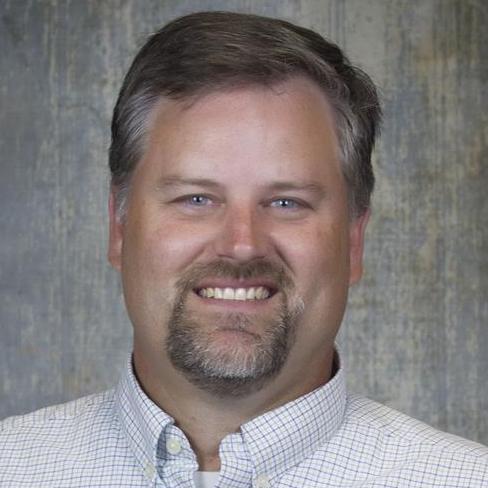Jamie L. Studts, PhD, co-leader of the Cancer Prevention and Control Program at the University of Colorado Cancer Center, is part of a research team that recently received a $250,000 award to build a coalition of lung cancer survivors and caregivers. Studts and colleagues at Memorial Sloan Kettering Cancer Center and GO2 for Lung Cancer will work with the coalition to develop research priorities focused on improving health outcomes.
Studts is working with the GO2 for Lung Cancer advocacy group, which received the funding through the Eugene Washington PCORI Engagement Award Program, an initiative of the Patient-Centered Outcomes Research Institute (PCORI). The independent nonprofit organization was authorized by Congress in 2010 to fund comparative clinical effectiveness research to provide patients, their caregivers, and clinicians with the evidence needed to make better-informed health and health care decisions.
“Our goal is to identify and engage 1,000 lung cancer survivors from across the country,” says Studts, professor of medical oncology at the CU School of Medicine. “We want to elicit people's priorities for research, then accumulate all those ideas together and analyze them to present a holistic perspective of what the lung cancer community wants to see in terms of future research.”
Research to improve the lives of survivors
That lung cancer survivors — defined as anyone from diagnosis forward — want a cure or better treatments for the disease is a given, Studts says; what this project aims to discover is how research can help to improve their lives during or after diagnosis and treatment.
“We’re trying to get to those things we need to know in order to improve their lives, their survivorship, their quality of life, and their well-being,” he says. “It could be better health care delivery; it could be better palliative care or better access to services. We won’t know until we ask.”
Unlike groups such as breast cancer survivors, whose unified voices have helped to drive research forward, lung cancer survivors have been historically reluctant to speak up, Studts says, due to the stigma around lung cancer as it relates to the perceived “choice” of smoking and the nihilism that has typically surrounded a diagnosis likely to result in death.
“You also have a community of individuals that struggles more with social drivers of health,” Studts says. “For a long time, the only strategy we had to support them was smoking cessation. But in the past 10 to 15 years, that has dramatically changed. There's a lot of reason for hope and optimism thanks to new immunotherapies, targeted therapies, surgeries, radiation approaches, and survivorship and palliative care interventions that have proven to be very effective.”
Groups and subgroups
Studts and his fellow researchers plan to spend about a year conducting outreach to assemble the coalition of survivors, who will meet digitally to talk about their concerns and priorities and answer questions. Among the researchers’ priorities is putting together a group of survivors that reflects the demographics of people in the U.S. who are diagnosed with lung cancer.
“We want to make sure that we are engaging with Black and Hispanic communities and including their voices,” he says. “The LGBTQ community is commonly underrepresented in surveys as well, so we want to have their voice. We want to be able to say that this is a truly representative group.”
Studts also foresees making members of the coalition available to other researchers who may be looking for ways to reach specific subgroups of lung cancer survivors.
“They could potentially say, ‘I’d love to talk to 10 people who identify as trans who have been diagnosed with lung cancer to talk about their experience,’ and we can say that we have 15 or 20 trans folks on our panel who have agreed to be contacted about future research opportunities,” he says. “If somebody wants to talk to rural or urban populations about their challenges, we will have people from those groups on the panel as well.”
Research priorities and engagement opportunities
Once the researchers have worked with the coalition to put together a list of research priorities, Studts envisions researchers and funding organizations getting involved as well, using the list as a starting point for identifying projects that will have the most impact.
“It’s a better justification for their grant applications that are being submitted to organizations, and it's a helpful callout to say that a patient group says they want this type of research,” he says. “That's a pretty powerful argument that we probably should be doing something.”
For Studts, a longtime lung cancer researcher who has worked on several projects to eliminate stigma and nihilism in the survivor community, the new GO2 project — dubbed “Building Capacity and Patient Engagement Within a Stigmatized Lung Cancer Community” — is an exciting opportunity to increase engagement and a feeling of connection among a group that historically has suffered alone in silence.
“It's a step toward engaging this community in a bigger way,” he says, “telling them that they have as much of a right to express their voices as someone who has been diagnosed with esophageal cancer or breast cancer, or any other malignancy.”




